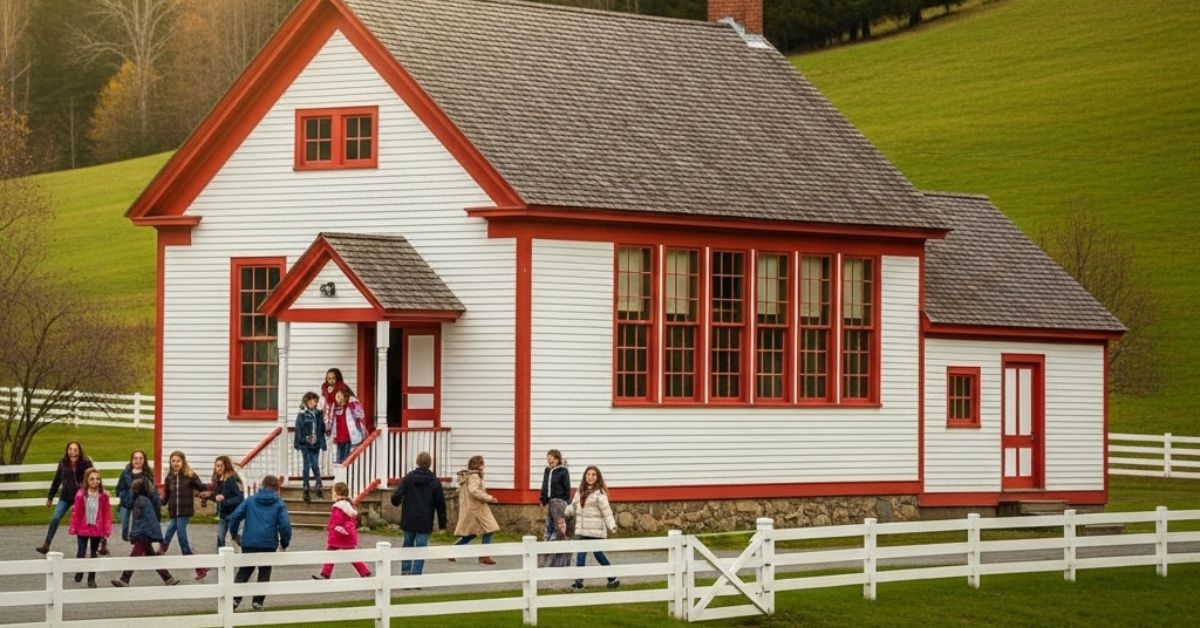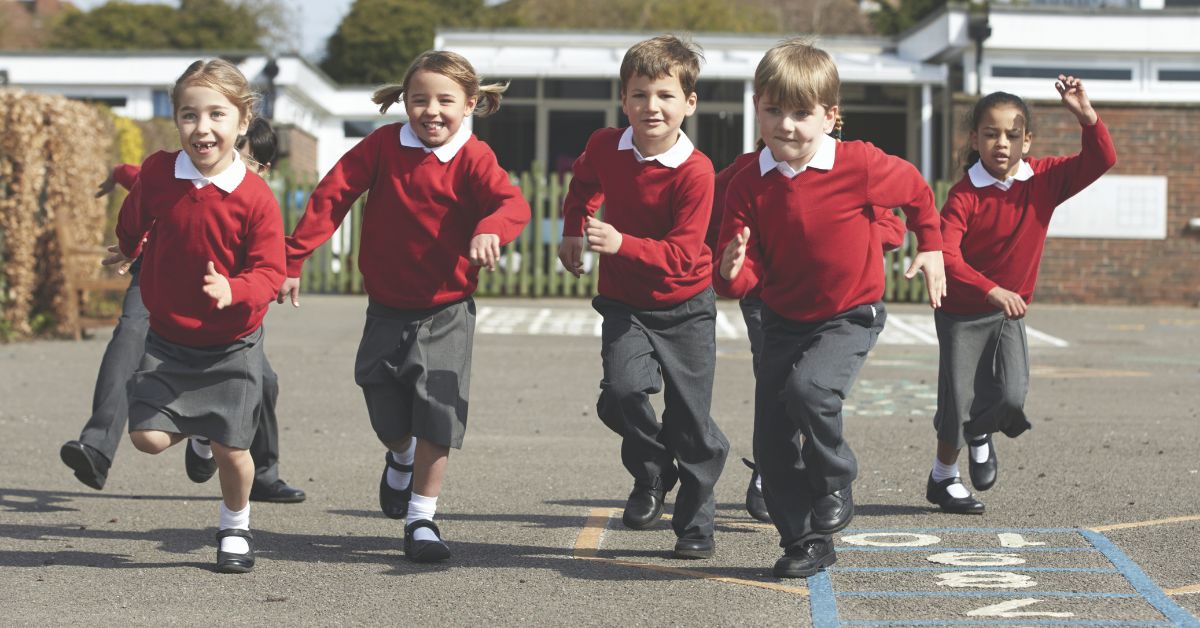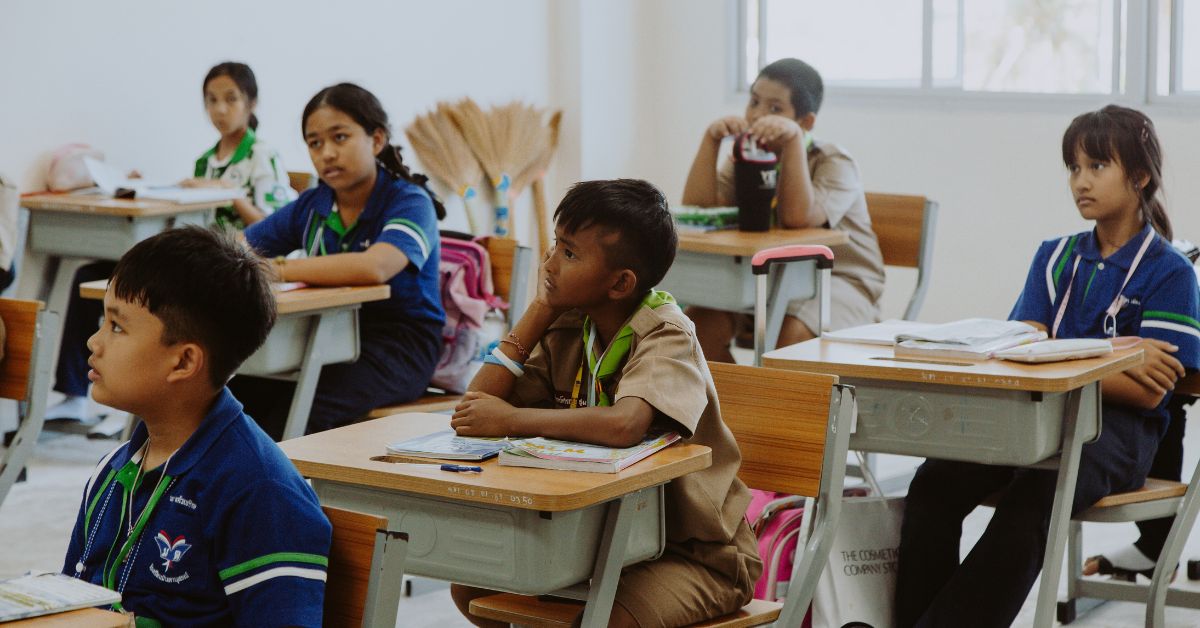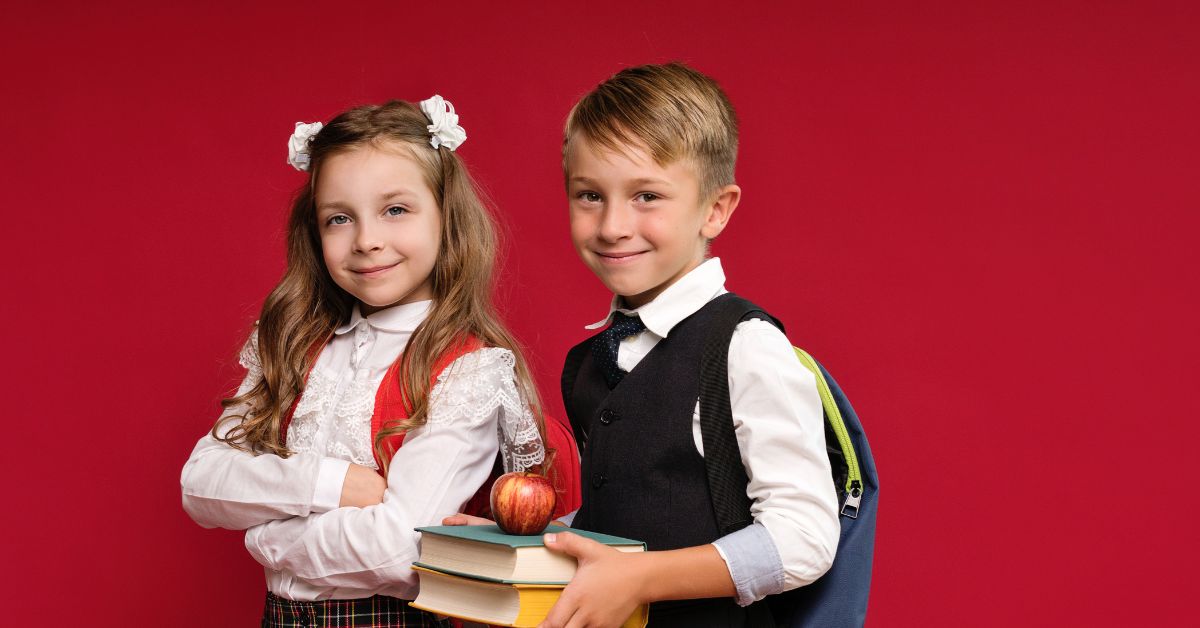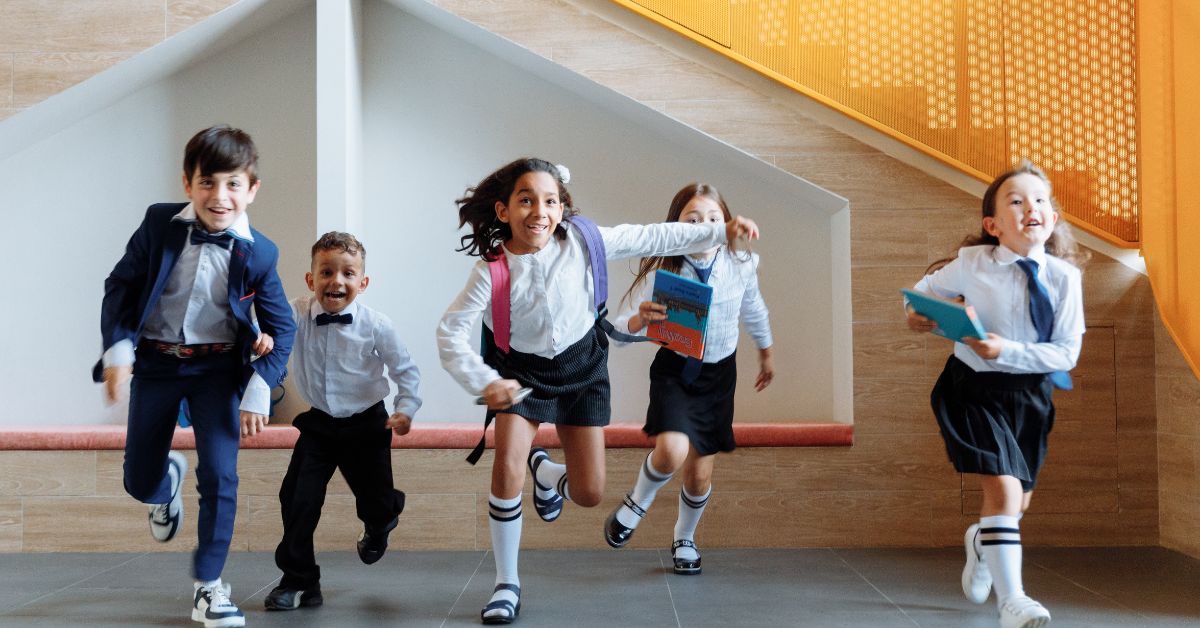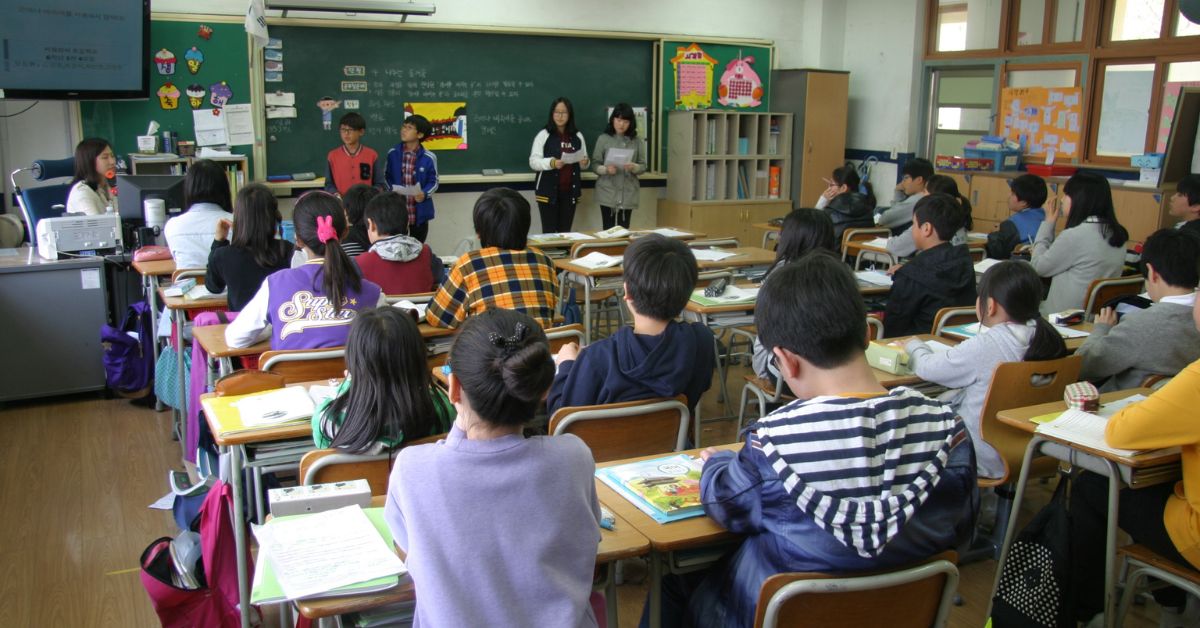Imagine a school where your final grade isn’t the most important thing. Where learning is measured not just in test scores but in creativity, kindness, teamwork, and real-world problem solving. Sounds impossible? Not in Vermont.
All across the Green Mountain State, educators, students, and communities are asking a bold question: What if school focused on more than just grades? And more importantly—what if that change could actually prepare students better for the real world?
Let’s explore how Vermont is shifting the focus of school—and what that could mean for the future of education
Why Grades Aren’t Everything
Grades have long been the measuring stick of success in school. A+, B-, C… we’ve all seen them. But what do they really tell us?
Not much about how a student thinks. Not much about whether they can solve complex problems or collaborate with others. And definitely not whether they’ll succeed in life after high school.
In fact, research shows that while grades might help organize schools, they don’t always reflect growth, creativity, or emotional intelligence—all of which are key skills in the 21st century.
That’s why Vermont is rethinking the role of grades—and looking beyond them.
Meet the Proficiency-Based Learning Movement
Over the past few years, Vermont has adopted something called proficiency-based learning (PBL). Instead of ranking students with simple letters or percentages, PBL focuses on what students actually know and can do.
In this model, students are evaluated on how well they master specific skills or concepts. And if they don’t get it the first time? They get support, time, and chances to improve.
That means:
- Students learn at their own pace
- Teachers focus on feedback, not just scores
- Learning is about progress, not perfection
It’s not about memorizing facts—it’s about understanding, applying, and growing.
Personalized Learning Plans (PLPs): A Learning Map for Every Student
Another Vermont innovation is the Personalized Learning Plan, or PLP. Starting in middle school, every student creates a PLP with help from teachers and families. It’s like a roadmap for learning—and it’s built around the student’s interests, goals, and dreams.
A student interested in sustainable farming might study biology, volunteer at a local farm, and design a composting project for the school. Their learning is deeply personal and rooted in the real world—not just a letter on a report card.
PLPs help make education meaningful and motivating—and give students more control over their futures.
Learning That Feels Like Real Life
Vermont schools are also connecting learning to life outside the classroom. Instead of just worksheets and quizzes, students are:
- Designing community gardens
- Building solar panels
- Writing and performing original plays
- Interviewing elders for oral history projects
- Creating websites, podcasts, and art that tackles local issues
These aren’t hypothetical assignments. They’re authentic challenges that teach collaboration, creativity, and responsibility.
And here’s the secret: when students care about what they’re doing, they learn more deeply—and retain it longer.
Schools That Teach the Whole Child
This movement isn’t just about academics. Vermont schools are also working to support the social and emotional growth of students. That means creating learning environments that are:
- Joyful and inclusive
- Focused on well-being and mental health
- Built around empathy, respect, and community
Some schools begin the day with mindfulness or “morning circles.” Others have peer mentoring programs or community service built into the schedule. These experiences teach skills that don’t show up on a test—but are crucial for lifelong success.
Is It Working?
Change is never easy. Some families and teachers still feel unsure about moving away from traditional grading. But many schools are already seeing the benefits.
Students are more engaged. They feel more ownership of their learning. And they’re more willing to take risks and try hard things—because they’re not afraid of failing a test.
One Vermont high school teacher said it best:
“This model gives kids permission to grow. It says, ‘You’re not a number—you’re a learner.’”
What the Rest of the Country Can Learn
While Vermont may be small in size, it’s playing a big role in transforming American education. Other states are watching closely as Vermont tests new models that focus on:
- Deep learning instead of shallow grades
- Real-world skills instead of standardized scores
- Relationships, creativity, and student voice
And in a world full of change, these are exactly the kinds of lessons our students need most.
The Big Question
So, what if school was about more than grades?
What if it was about growing strong humans, not just strong students?
In Vermont, that future is already underway. And it’s one filled with hope, purpose, and joy in learning.

